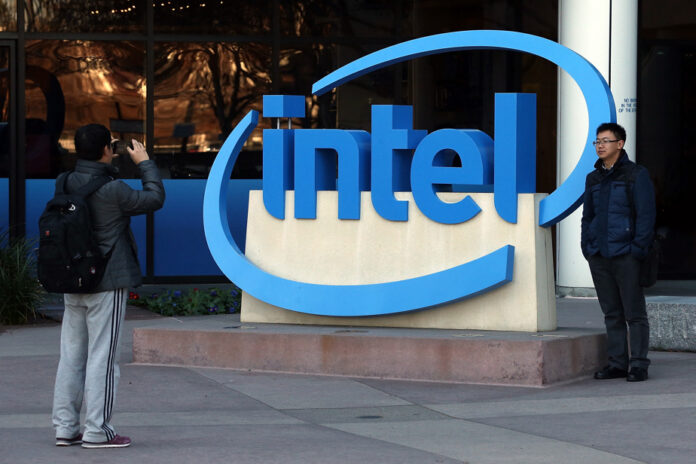(San Francisco) U.S. electronics giant Intel on Wednesday backed out of its takeover of Israeli semiconductor foundry Tower Semiconductor, failing regulatory approval, as the race for semiconductors rages on between the United States and China.
The Californian group had announced the acquisition of this company in February 2022 for 5.4 billion dollars.
In a statement released Wednesday, Intel cited “the inability to obtain required regulatory approvals in a timely manner.”
“Pursuant to the terms of the merger agreement and in connection with its termination, Intel will pay Tower a termination fee of $353 million,” the company said.
It was the Chinese regulator that did not approve the transaction by the deadline, according to the Bloomberg news agency.
With this operation, Intel wanted to strengthen its expertise in certain technologies, such as radio frequencies.
Tower specializes in analog semiconductors used in cars, medical devices and security cameras.
The American group established in March 2021 a new division of factories manufacturing semiconductors, Intel Foundry Services, to become a major supplier and meet the demand that exploded during the pandemic.
Intel is considered a major lever for the United States, which wants to reduce its dependence on the main world producers, such as the Taiwanese company TSMC.
Political tensions between the United States and China are fueling economic retaliation measures centered in particular on semiconductors, essential components both in everyday objects (cars, mobile phones) and in advanced processors dedicated to technology. ‘artificial intelligence.
In the name of “national security”, Washington announced in October 2022 additional export controls to limit Beijing’s purchase and manufacture of high-end chips “used in military applications”.
China, for its part, has restricted exports of certain metals needed to produce semiconductors.
And, recently, President Joe Biden got tough on tech investment in China.
The US government fears that Chinese companies will benefit from funding for technology transfer, but also from support in setting up production lines, knowledge exchange and market access.















